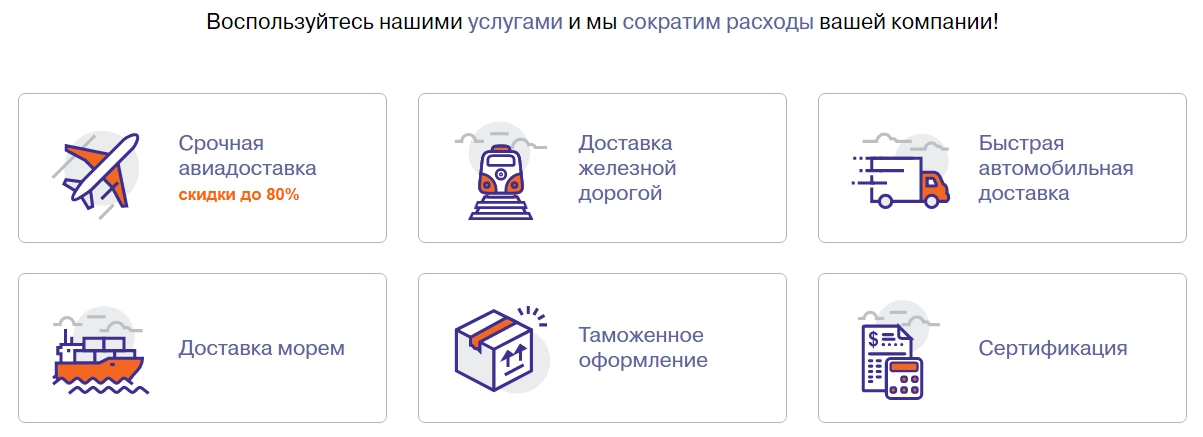How Self-operating Solutions are Transforming Freight Shipping
How Self-operating Solutions are Transforming Freight Shipping
Blog Article
The supply chain industry, particularly shipment shipping, is undergoing a remarkable shift, driven by the unwavering evolution of self-operating technologies. As organizations vie for optimization and speed in delivery approaches, robotization remains at the helm of this revolution, revolutionizing how merchandise are shipped across the globe. From AI-powered vehicles to advanced surveillance mechanisms, the evolution of this field is evident, providing significant enhancements in velocity, trustworthiness, and economic viability.
Enhancing Optimization with AI-powered Systems
At the center of this AI-driven boom lies the incorporation of robotics in cargo logistics operations. Conventional methods often faltered under the pressure of errors and manual error. However, cutting-edge self-operating technologies offer intelligent strategies that streamline processes.
One noteworthy advancement is in the domain of aerial delivery, where autonomous technology assists in managing multi-layered logistical tasks that entail route mapping and aviation traffic regulation. This not only accelerates the operation but also improves safety by eliminating potential manual misjudgments.
Improved monitoring systems are another advantage. Today’s innovation enables for instantaneous tracking of packages, which ensures organizations and clients aware about the whereabouts of their products 24/7. This transparency is essential in establishing confidence and consistency in cargo distribution services.
Reducing Overheads and Simplifying Regulatory Processes
AI-powered systems advances into the intricate procedures of import-export processing, typically a bottleneck for freight movement due to its complex regulations and likely setbacks.
Contemporary automated technologies enhanced with Big Data capabilities can efficiently analyze huge amounts of records and ensure adherence with government policies faster than previously. This minimization in workflow delays cuts down on overhead expenses substantially, demonstrating a direct cost-benefit that companies can capitalize on.
Optimizing Logistics with Big Data
Additionally, the implementation of data analytics reinvents the method toward logistics and customs. By analyzing historical records and real-time market shifts, AI-powered technologies predict bottlenecks and enhance workflows to be more consistent and seamless.
Enterprises tracking instant information can execute well-calculated choices that automatically mitigate challenges related to import-export processing lags.
Eco-Friendly Impact
AI-driven systems also support significantly to ecological sustainability in cargo transport. More optimized and well-planned path optimization reduces avoidable resource usage and lowers greenhouse gas.
AI-powered delivery systems are progressively adaptable with alternative fuels and hybrid propulsion, synchronizing cargo transport strategies with global green goals.
Boosting Client Experience
The automated system improves not just supply chain efficiency but also consumer experience. The ability to observe deliveries in real time, encounter reduced delays, and appreciate lowered costs enhances client experience greatly.
Fast, transparent, and optimized shipping models are more prone to foster repeat business and ongoing orders, demonstrating that modern advancements is indispensable in present freight transport models.
Moreover, as machines handle mundane duties more efficiently, companies can allocate workforce resources to sectors requiring problem-solving and strategy, thus improving operational excellence overall.
Moving Forward: The AI-Driven Horizon
The revolutionary influence of AI-driven systems in logistics transport ensures an exciting outlook for freight management. As businesses proceed to utilize these technologies, they boost their competitive edge by providing more efficient, safer, and more affordable shipping approaches.
Sustainability developments further extend the appeal of AI-powered frameworks, aligning sector operations with sustainable initiatives.
An Innovative Phase in Cargo Transport
In principle, the integration of automated technologies in freight transport unleashes a myriad of possibilities focused on enhancing logistics not only quicker but also more reliable and less financially burdensome.
The calculated use of Big Data in optimizing border clearance formalities further reinforces the performance of automated solutions in reshaping conventional supply chain environments.
Self-Operating Systems: The Coming Wave of Logistics Delivery
Logistics movement is stepping boldly into a new era dictated by AI-driven technology—a proof to society’s unwavering drive of progress.
With ongoing developments, the capacity to reshape international commerce structures persists, marking an promising roadmap towards an unified and well-structured landscape in logistics shipping.
To get more information about tamozhennoe oformlenie go to our web page: read.